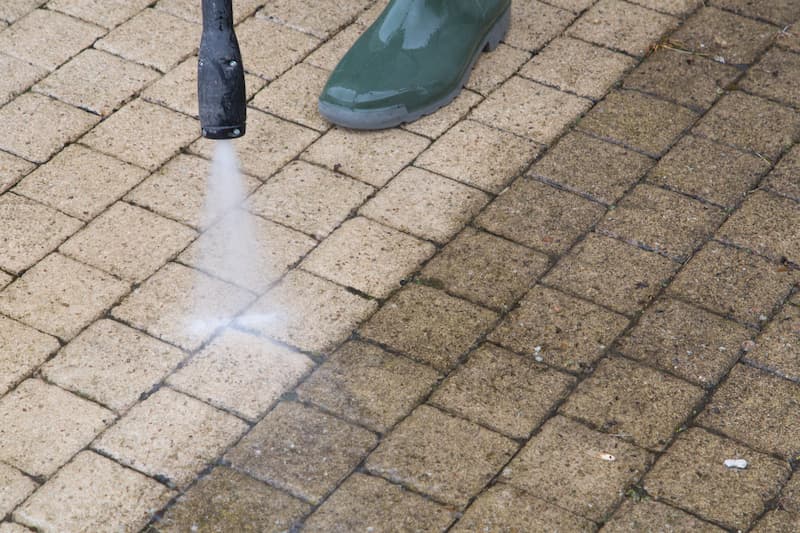Adding a sealer to your pavers can help increase their lifespan and keep your investment looking good. A quality sealer like Paver Sealing Pros helps prevent harmful moisture from seeping into your pavers. It also protects your pavers from UV rays that degrade the material. Sealing also keeps the paint on your pavers from fading.
It should be applied in the right places to get the most out of a sealer. For example, you should only put it on your hardscape if it is meant to be sealed. It would help if you used a squeegee to apply the sealer to the joints. This will help prevent weeds from growing in the spaces between your pavers. Also, be sure to leave room between your pavers and the walls of your home. If you're planning to install a garden or pool deck, seal the area with a water-repellent sealer.
Before applying a sealer, you should first clean your pavers. This includes removing dirt and grease stains. Once the surface is clean, it's time to decide what sealant to use. You'll need to pick a sealer that provides the best protection, including UV protection. Choose a water-based or solvent-based sealant. These sealants will work on a variety of surfaces. They will have different coverage rates and drying times. Some will need multiple coats to be effective.
The suitable sealant will protect your pavers and prevent the dreaded "wet look" after heavy rain. Sealants also draw out the colors of concrete pavers. While some manufacturers suggest waiting one year after paver installation before sealing, others recommend that you do it immediately.
Choosing the proper type of sealer can be a daunting task. There are many sealers, each providing a different level of protection. Be sure to select a sealer that suits your needs and budget. You can contact your local hardware store or online if you need help deciding which type to buy. In addition, the sealant you use should have been tested. Finally, when choosing a sealer, it's essential to read the manufacturer's directions. Often, a small amount of the sealer goes a long way, but too much can harm your pavers.
Water-based sealers are easy to apply. However, they last less time than solvent-based ones. Those are better for long-term protection, and they're also less toxic. Xylene-based sealants are a popular choice. But if you want a more natural-looking finish, try an acrylic sealant.
You'll want to use a film-forming sealant for a genuinely long-lasting sealant. While it's not the same as a penetrating or breathable sealer, it will provide better protection against UV degradation and staining. Using a non-film-forming sealant is a good idea, too. Applying the sealant at least seven days before the event is a good idea.
In addition to protecting your pavers, a sealer will prevent stains and mold from growing. Unlike other materials, pavers don't have a lot of pores to allow these substances to penetrate them. As such, you should seal your pavers every year.


Comments
Post a Comment